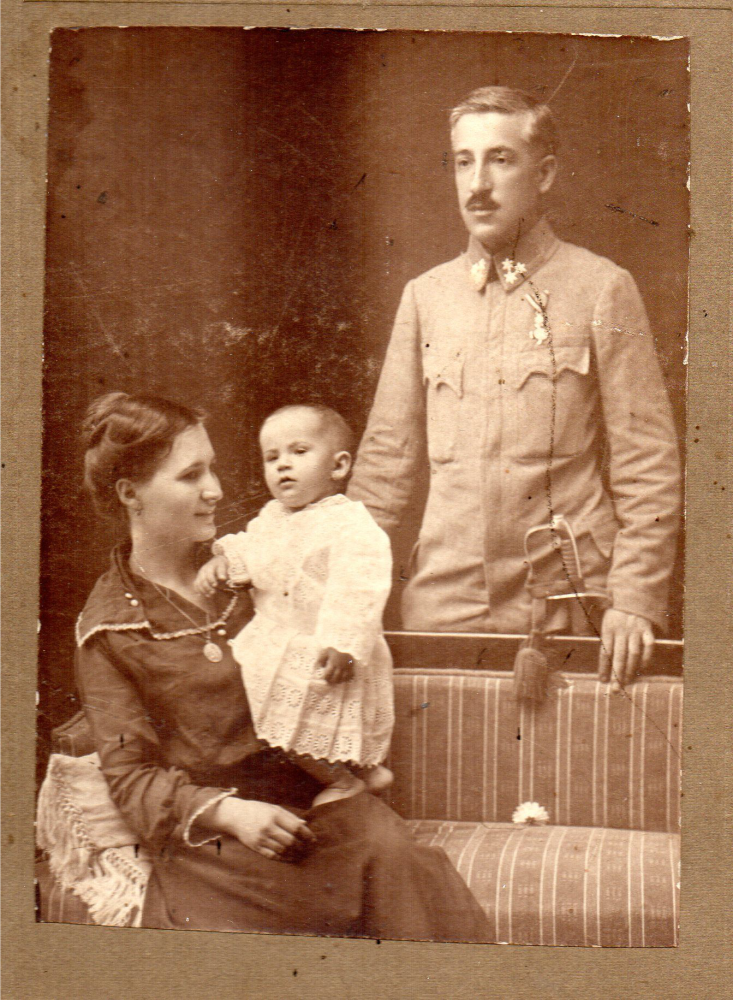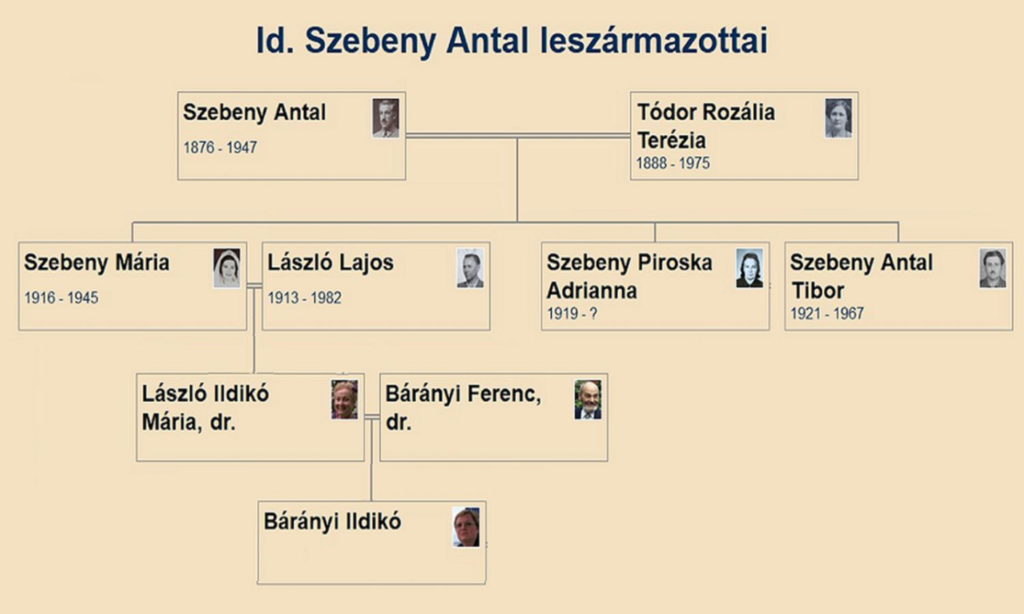SCHOOLMISTRESSES IN TRANSYLVANIA / Ildikó Bárányi
Swear to This, Swear to That
In the 20th century, Hungarian civil servants and public sector employees in Transylvania had to take oaths of allegiance on three different occasions (because of the changing borders) to acknowledge the state administration currently in power. After the Treaty of Trianon they swore allegiance to the Kingdom of Romania, after the Second Vienna Award to Horthy and to thousand-year-old Hungary, and in 1947 to the Kingdom of Romania again.
Piroska Szebeny was a Székely primary school teacher of Armenian descent, and the sister of my maternal grandmother. She only had to take the oath of allegiance twice, because she received her teacher certification degree in 1940. The copies of the two documents containing the oaths have survived. She signed the first one in summer 1942, and the second in January 1947, to be able to continue teaching.
The text and language of the oaths are interesting in themselves.
The Hungarian version reads: “I swear by Almighty God that I will bear true faith and allegiance to Hungary, to its Constitution, and to the Governor of Hungary […], and I will bring up the youth entrusted to my care in the spirit of religious ethics and love for the Hungarian motherland.”
The Romanian version is bilingual. The text appears in both Romanian and Hungarian on the same page. It also required swearing allegiance to the king and to the interests of the country, and the signees had to promise not to do anything that would endanger the order of the state, but they did not have to swear that they would bring up the pupils entrusted to their care to love the Romanian state….
Piroska Szebeny’s mother, Rozália Tódor (my maternal great-grandmother), was also a primary school teacher like my grandmother. Rozália’s copies of the oath documents, which she signed in 1941 and 1947, have also survived.
It is interesting to note that in the Hungarian document her name appears as Antalné Szebeny, née Rozália Tódor, whereas in the Romanian text she is called Rozália Szebeny. Hungarians in Transylvania never used the form of a married woman’s name customary in Hungary, where the husband’s name followed by the suffix “né” became the official name of the wife. In Transylvania, women took the surnames of their husbands, but kept their given names.
The Cleansing Committee
In 1945, Communists did not yet occupy important positions in Romania, therefore they established a “social coalition” called the National Democratic Front together with the historical parties (the Social Democrats, the Peasants’ Party, the National Liberals, and the left-wing National Union of Hungarian Workers). The NDF was responsible, among others, for investigating the past political behaviour of the population in the Northern Transylvanian regions that had been returned to Hungary in 1940–1944, and subsequently became part of the Kingdom of Romania. Without a certificate from the NDF, nobody could work in public service.
My maternal grandmother, Mária Szebeny, and her mother, Rozália Tódor by her maiden name, were both primary school teachers, thus they had to obtain the certificate that they had behaved “appropriately” during “Hungarian rule” to be able to continue teaching.
Therefore, they went to the Cleansing Committee (a very suggestive name…) together on 30 July 1945, and they received the bilingual (!!) document, according to which the authority “investigated the past political and social activities of citizen … and found no objections against the person”.
Apparently, it was not objectionable that they had sworn an oath of allegiance to Hungary and its governor (and to Almighty God, of course) a mere four years earlier, and vowed to raise the youth entrusted to their care to love the Hungarian homeland.
My grandmother could not enjoy for long the favourable decision of the Cleansing Committee, because she died of typhus two months later, in September 1945. She was only twenty-nine.
Pension Calculation
My maternal great-grandmother, as well as her daughters were all teachers in Transylvania, so they were public-sector employees. Therefore, each new regime expected them to swear allegiance to it if they wished to continue teaching. Moreover, their activity in the “Hungarian times”, that is during the period when Northern Transylvania was reassigned to Hungary, was investigated by the Cleansing Committees of the returning Romanian regime.
Consequently, one might assume that at the time of Rozália Szebeny’s retiring in 1947, the Romanian authorities did not take into account her years of service in the Hungarian times.
Wrong!
Her pension calculation sheet carefully includes the period between 1 September 1940 and 31 March 1945, and it is precisely calculated how much money she would have earned, had she taught in an area under Romanian rule, then the due pension resulting from that period is also added to her pension.












